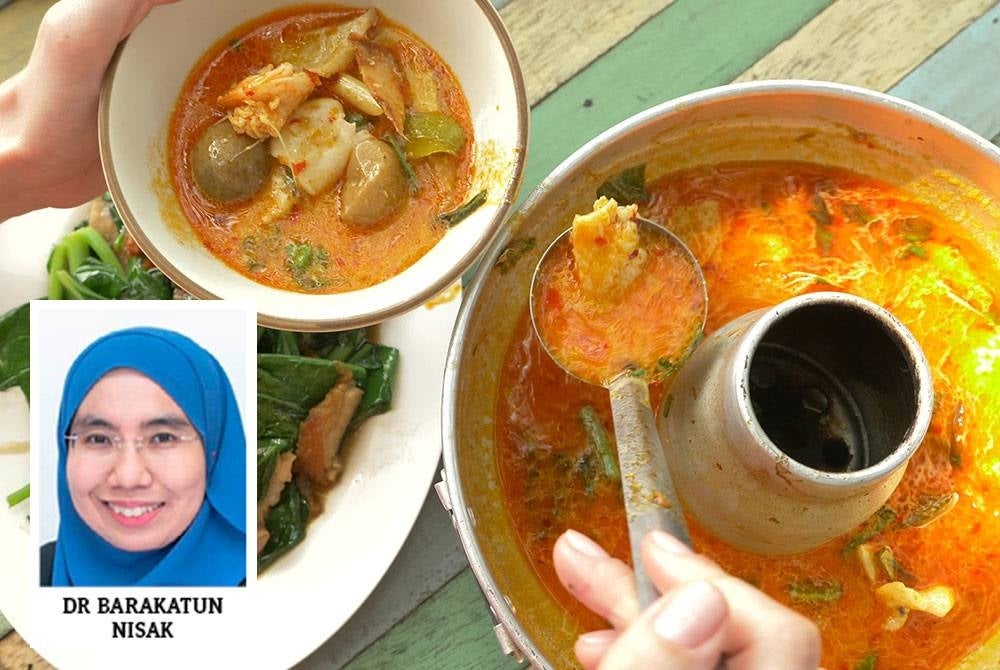High MSG content in foods can cause complications, says dietician

Photo for illustrative purposes. - File PIX
Small pic - University Putra Malaysia (UPM) Dietician Dr Barakatun Nisak Mohd Yusof
A
A
A
University Putra Malaysia (UPM) Dietician Dr Barakatun Nisak Mohd Yusof said there was no denying that Thai cuisine uses a lot of natural ingredients such as kesum leaves, lemongrass and various herbs.
However they also use several types of processed additives such as food paste, fish sauce, oyster sauce, pumpkin sauce and soy sauce to add flavours.
"We know the food in Thailand is good, but some of the dishes and cuisine have high salt content and flavourings.
"The sauces are usually high in salt and sugar to extend its shelf life along with MSG flavourings where it makes it more difficult for consumers to control their intake
"This brings the risk of overconsumption of MSG from the daily recommended intake similar to individuals being limited to one teaspoon of salt a day," she told Sinar on Monday.
Sinar had reported that love Thai food as it was cheap and served in a large portion.
Barakatun who is also the UPM Medicine and Health Sciences Faculty Deputy Dean said food in Thailand was commonly known to have high levels of additives
She said the additives were chemicals added to food in small quantities to produce specific effects.
"The effects include to improve nutrient quality, extend its shelf life, making the dish enticing, aid in processing, packaging or storage of the food.
"Food additives are commonly used with preservatives, antioxidants, coloring and flavoring agents. The ingredients have been tested for safety and are controlled by food laws," she said.
She urged Malaysians to be careful when consuming Thai food as there were also some dishes and drinks that contain a high amount of food colouring.
"Some food uses dyes and especially in their teas, water is great for the body, but tea with excess chemicals may have an unknown negative impact.
"We are informed that tea contains antioxidants and could benefit the body, but instant tea produces its colour quickly, we don't know its adverse health effects," she said.
Meanwhile, Malaysians dining in Thailand were advised to prioritise cleanliness and food safety before purchasing food.
Malaysian Consumer Associations Federation (Fomca) Deputy Secretary-General Nur Asyikin Aminuddin said both aspects must be stressed on for the food not to bring any adverse health effects to consumers.
"We are not sure of the level of food safety there along with its cleanliness and halal certification.
"As for Malaysia, the health ministry is strict to ensure food operators in Malaysia attend proper food handling courses," she elaborated.
Asyikin said she was unsure whether food sold at the border adhere to the same safety standards.
"It is difficult for us to ensure that food operators in a restaurant, or eateries in Thailand have received their typhoid injection or not.
"We know in Malaysia all food operators must receive the injection to avoid the transmission of typhoid fever through food preparation methods," she said.














